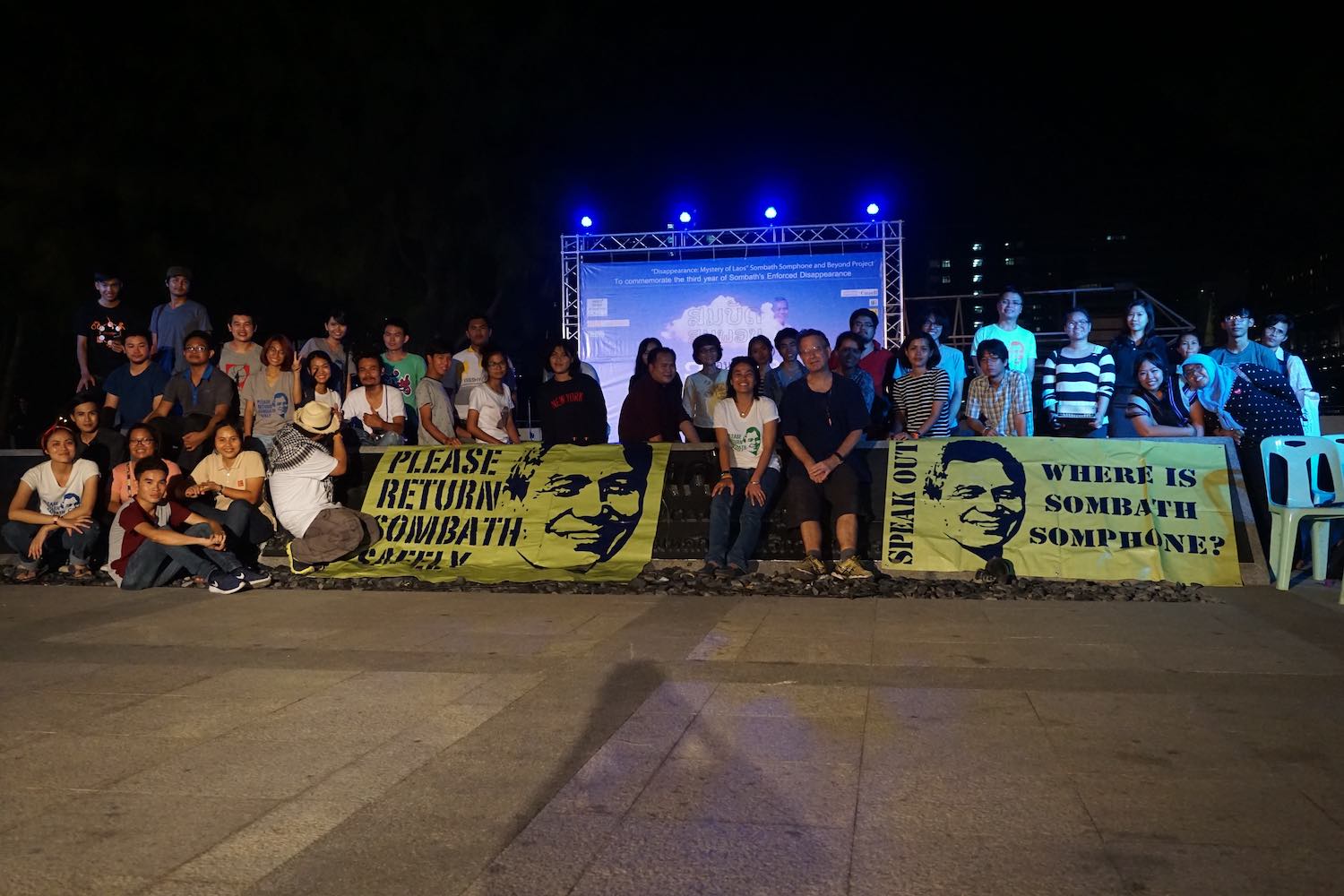Manila Times: 06 September 2016
Laos has adopted the efficient practice of hosting two Asean summits at one go. Why bother organising two events months apart? We already have a lot of domestic homework and who wants to meet world leaders that often, especially if all they’re going to do is nag us about democracy and human rights?
Photo-ops and friendly handshakes are what many Asean leaders prefer — either to silence noisy critics at home or to confer legitimacy if, for instance, they took power after a coup.
So bravo to Malaysia, the 2015 host which lived up to the gentlemen’s agreement for more talking-shops. The dual summits made their debut during Thailand’s chairmanship of Asean in 2009. A decade earlier, leaders were content to meet every two or three years.
The 28th and 29th Asean Summits that run from tomorrow until Thursday will be landmark events for Laos. For a start, Barack Obama will be the first sitting US president to visit the country since the Lao People’s Revolutionary Party took power in 1975.
Many activists hope Mr Obama will draw attention to Vientiane’s dismal human rights record, including the disappearance of prominent intellectual Sombath Somphone more than three years ago. Among them are Mr Sombath’s wife Shui Meng Ng, and the Office of the UN High Commissioner for Human Rights.
Their plea is a modest one — simply talk about it with Lao leaders, even if it’s only in a private session.
The world has waited for a positive gesture from the opaque Lao government, which blandly maintains that Mr Sombath may have been abducted in a private dispute after being stopped by police.
Enforced disappearance is a crime made possible by the state apparatus and strife in the region — no wonder Asean has never discussed this problem.
Flickering hope remains, though, among the country’s 7 million people. Some younger reformists less directly connected to top first-generation cadres are emerging. And reform-minded Prime Minister Thongloun Sisoulith has pledged to step up efforts to alleviate poverty, talk openly about corruption and bad business practices such as tax evasion and land grabs.
His emergence this year in a change of the guard is a hopeful sign, though some sceptics believe change will be gradual and cosmetic at best.
Corruption and illicit financial flows divert a lot of resources from the Lao budget and contribute to a lack of development and foreign investment. In the World Bank Governance Indicator on control of corruption, Laos scores just 25 out of 100 despite recent improvements. Further, officials engage in corrupt practices with impunity as the capacity to identify and address internal crime is very low.
The salaries of government officials are extremely low and since many have broad and unharnessed powers, they exploit their authority to extract bribes from citizens — these are not my words but those of the WB website.
The National Assembly passed an anti-corruption law in 2005 and in September 2009, Laos ratified the UN Convention Against Corruption. The State Inspection and Anti-Corruption Committee was established in 2011. Despite these positive steps, corruption remains a major concern.
Freedom of expression is another problem. Media, NGOs and citizens cannot have critical discussions on issues affecting people’s lives — dams, megaprojects and human rights violations.
Mr Obama’s visit will be welcomed not only by people in Laos but also by millions of Lao refugees around the world. But how much a guest will want to say about his host is anyone’s guess, especially in a country where the influence of China is so deeply rooted.
Shui Meng has no choice but to stay positive, hoping that if world leaders even mention her husband, the tone will be set for a follow-up.
Laos desperately needs to shine in the international arena for the sake of economic development, though. Maybe if the old guard could open their hearts and minds, if not ears, they would realise that in the modern world, investment comes with expectations of civilised practices including respect for human rights.
They could look next door to Thailand, where investment has stagnated, no matter how the military government and junta-flattering officials try to spin the facts.
If the Communist leaders in Vientiane want to stay on, maybe they should consider some lessons from Cuba — and not copy China or North Korea.
I’m not saying that the US is a saviour — it is no less a colonising force than China. It’s just part of the balancing act that leaders in Asean need to maintain.

